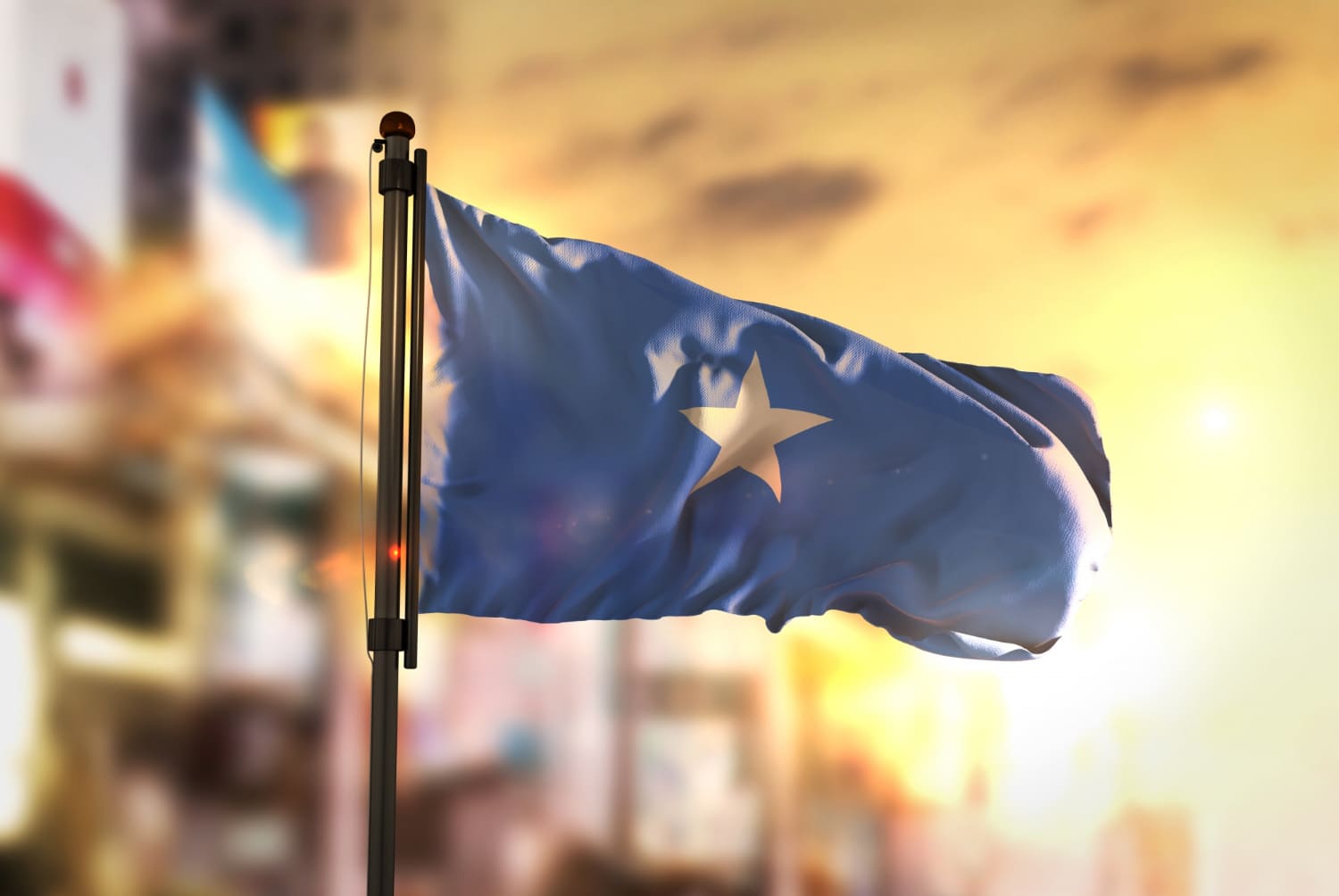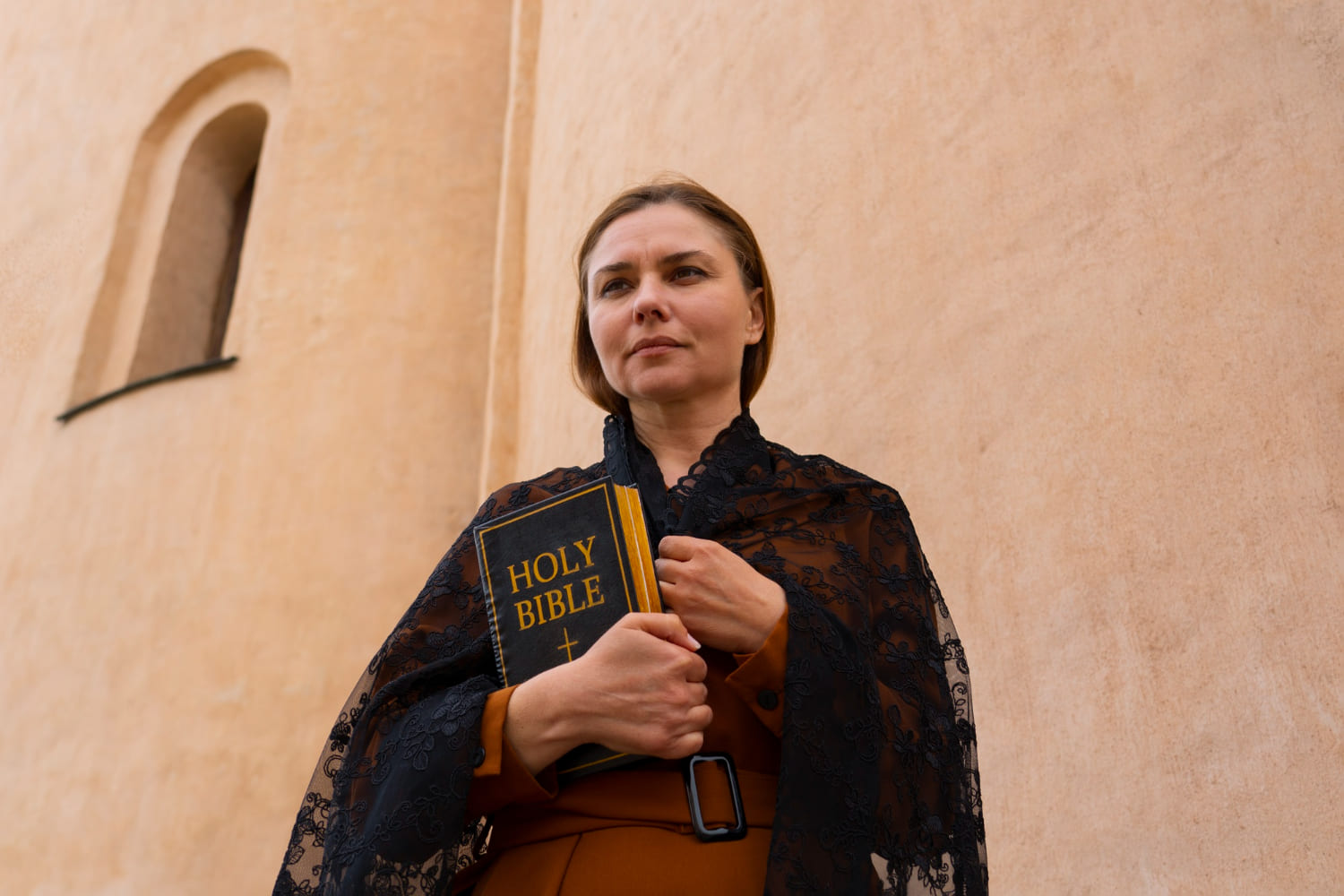The United Kingdom is home to a diverse range of religions, including Christianity, Islam, Hinduism, Sikhism, Judaism, and Buddhism, among others.
According to the latest census data from the Office for National Statistics, Christianity is the most commonly practiced religion in the United Kingdom, with 44.8 million people (67.2% of the population) identifying as Christian.
However, this represents a decline from previous years, as the number of people identifying as Christian has decreased by 12 percentage points since 2001.

Islam is the second-largest religion in the United Kingdom, with over 3 million Muslims living in the country. This represents 4.8% of the population.
Hinduism is the third-largest religion, with around 1.5% of the population identifying as Hindu.
Sikhism is the fourth-largest religion, with around 0.8% of the population identifying as Sikh.
Judaism is the fifth-largest religion, with around 0.4% of the population identifying as Jewish.
Buddhism is the sixth-largest religion, with around 0.4% of the population identifying as Buddhist.
Other religions, including Paganism and Jainism, make up the remaining 0.4% of the population.
- Overview of Religions in the United Kingdom
- Historical Context
- Major Religious Groups
- Religious Demographics and Trends
- Christianity in the United Kingdom
- Anglicanism
- Catholicism
- Protestantism
- Orthodoxy
- Other Christian Denominations
- Minority Religions and Beliefs
- Islam
- Hinduism
- Sikhism
- Judaism
- Buddhism
- Other Faiths
- Secularism and Non-Religious Beliefs
- Atheism and Agnosticism
- Humanism
- Secular Trends and Implications
Overview of Religions in the United Kingdom

Historical Context
The United Kingdom has a rich history of religious diversity, with various religions being practiced in the region for centuries.
Christianity has been the dominant religion in the UK for over a millennium, with the Church of England being the established church.
However, the UK has also been home to significant Jewish, Muslim, Hindu, and Sikh communities for many years.
Major Religious Groups
The major religious groups in the UK are Christianity, Islam, Hinduism, Sikhism, and Judaism.
Christianity is the largest religion in the UK, with the Church of England being the largest Christian denomination.
Islam is the second-largest religion, with a significant number of Muslims residing in the UK.
Hinduism and Sikhism are also significant religions in the UK, with a sizeable proportion of the population following these religions.
Judaism is a relatively small religion in the UK, but it has a long history in the country.
Religious Demographics and Trends
According to the latest census data from 2021, Christianity is the largest religion in the UK, with 59.3% of the population identifying as Christian.
Islam is the second-largest religion, with 5.0% of the population identifying as Muslim. Hinduism and Sikhism make up 1.4% and 0.8% of the population, respectively. Judaism is the smallest of the major religions, with only 0.2% of the population identifying as Jewish.
In recent years, there has been a decline in the number of people identifying as Christian in the UK, while the number of people identifying as Muslim, Hindu, and Sikh has increased.
The number of people identifying as non-religious has also increased, with 38.9% of the population identifying as having no religion in the latest census.
Overall, the UK remains a religiously diverse country, with various religions being practiced across the region.
While Christianity remains the dominant religion, there has been a shift in recent years towards greater religious diversity and a rise in the number of people identifying as non-religious.
Christianity in the United Kingdom
Christianity is the largest religion in the United Kingdom, with nearly 59% of the population calling themselves Christian in the 2011 census.
The majority of Christians in the UK belong to the Protestant tradition, with smaller numbers of Catholics, Anglicans, and Orthodox Christians.
Anglicanism
Anglicanism is the largest Protestant denomination in the UK, with the Church of England being the established church.
The Church of England is also known as the Anglican Church, and it is part of the worldwide Anglican Communion.
The Church of England has a hierarchical structure, with the Archbishop of Canterbury serving as the spiritual leader of the church.
Catholicism
Catholicism is the largest non-Protestant denomination in the UK, with over 4 million adherents. The Catholic Church in the UK is led by the Archbishop of Westminster, who is also a cardinal.
Protestantism
Protestantism is a diverse group of denominations in the UK, including Methodists, Baptists, Presbyterians, and Pentecostals.
The Methodist Church in the UK is the largest non-Anglican Protestant denomination, with over 200,000 members.
Baptists are the second-largest non-Anglican Protestant denomination, with over 100,000 members.
Orthodoxy
Orthodoxy is a small but growing Christian denomination in the UK, with around 300,000 adherents.
The majority of Orthodox Christians in the UK belong to the Greek Orthodox Church, although there are also Russian, Serbian, and Romanian Orthodox communities.
Other Christian Denominations
There are many other Christian denominations in the UK, including Seventh-day Adventists, Jehovah’s Witnesses, and the Church of Jesus Christ of Latter-day Saints (Mormons).
These denominations have smaller numbers of adherents compared to the larger denominations mentioned above.
Overall, Christianity remains an important part of the religious landscape in the UK, with a long and rich history that has shaped the country’s culture and traditions.
Minority Religions and Beliefs
The United Kingdom is home to a diverse range of religions and beliefs, including several minority faiths.
While Christianity remains the dominant religion, there are significant populations of Muslims, Hindus, Sikhs, Jews, Buddhists, and followers of other faiths.
Islam
Islam is the second-largest religion in the United Kingdom, with an estimated 3.9 million Muslims living in the country as of the 2021 census.
The majority of British Muslims are Sunni, with smaller populations of Shia and Ahmadiyya Muslims. The largest concentrations of Muslims are in London, Birmingham, and Manchester.
Hinduism
Hinduism is the third-largest religion in the United Kingdom, with an estimated 1.4 million Hindus living in the country as of the 2021 census.
The majority of British Hindus are of Indian origin, although there are also significant populations of Hindus from other South Asian countries.
The largest concentrations of Hindus are in London, Leicester, and Birmingham.
Sikhism
Sikhism is the fourth-largest religion in the United Kingdom, with an estimated 840,000 Sikhs living in the country as of the 2021 census.
The majority of British Sikhs are of Indian origin, although there are also significant populations of Sikhs from other South Asian countries.
The largest concentrations of Sikhs are in London, Birmingham, and Wolverhampton.
Judaism
Judaism is the fifth-largest religion in the United Kingdom, with an estimated 263,000 Jews living in the country as of the 2021 census.
The majority of British Jews are Ashkenazi, although there are also significant populations of Sephardi and Mizrahi Jews.
The largest concentrations of Jews are in London, Manchester, and Leeds.
Buddhism
Buddhism is the sixth-largest religion in the United Kingdom, with an estimated 248,000 Buddhists living in the country as of the 2021 census.
The majority of British Buddhists are of East Asian origin, although there are also significant populations of Buddhists from other parts of the world.
The largest concentrations of Buddhists are in London, Manchester, and Birmingham.
Other Faiths
In addition to the above religions, there are also significant populations of followers of other faiths in the United Kingdom, including Baha’is, Jains, Zoroastrians, and followers of various New Age and Pagan beliefs.
While these groups are relatively small in number, they contribute to the rich diversity of religious and spiritual life in the country.
Secularism and Non-Religious Beliefs
Atheism and Agnosticism
According to a survey conducted in 2019, around 52% of the British population identified as having no religion.
This makes the UK one of the most secularized countries in the world. Among those who identify as non-religious, atheism and agnosticism are the most common beliefs.
Atheism is the rejection of belief in the existence of deities, while agnosticism is the view that the existence of deities is unknown or unknowable.
Humanism
Humanism is a philosophical and ethical stance that emphasizes the value and agency of human beings, individually and collectively, and generally prefers critical thinking and evidence (rationalism and empiricism) over acceptance of dogma or superstition.
Humanism is a growing movement in the UK, with many people identifying as secular humanists.
The British Humanist Association is one of the largest humanist organizations in the world, with over 85,000 members.
Secular Trends and Implications
The trend towards secularism and non-religious beliefs in the UK has significant implications for society and politics.
It has been suggested that the decline of religion in the UK has contributed to the rise of individualism and consumerism, as well as a decline in traditional moral values.
However, others argue that the rise of secularism has led to greater tolerance and diversity in society, as well as a greater emphasis on reason and evidence-based decision making.
Overall, the trend towards secularism and non-religious beliefs in the UK is likely to continue, as younger generations are increasingly identifying as non-religious.
This trend has important implications for the role of religion in society and politics, and will likely continue to shape the cultural and political landscape of the UK in the coming years.







